Frank Zappa, the one-off musician who could never be pigeonholed
After six years of combing through the vast Zappa archive, documentary maker Alex Winter has produced a film that does justice to the genius of music’s most provocative character, says James Rampton

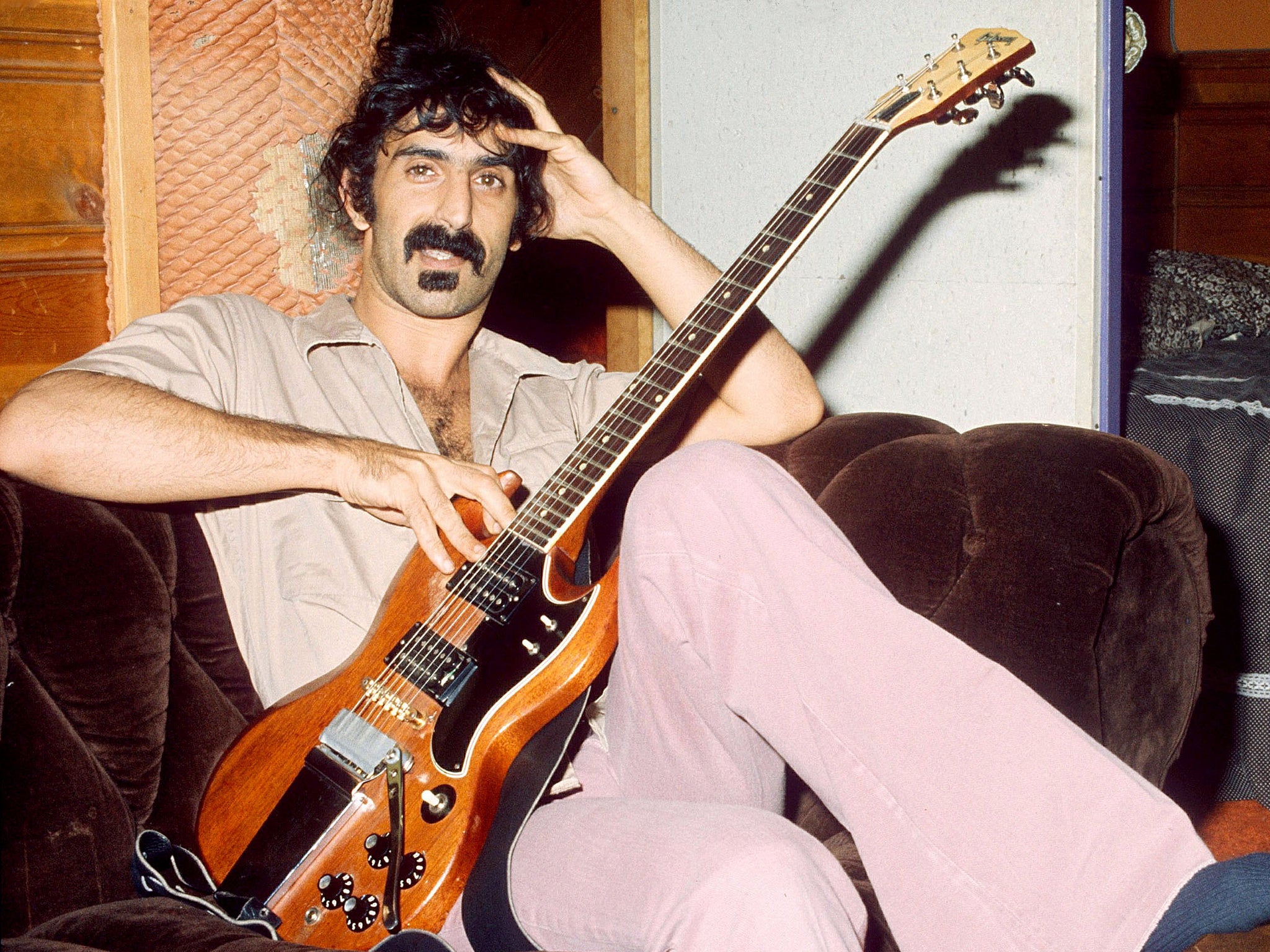
In his first ever TV appearance, on The Steve Allen Show in 1963, the then 22-year-old musician Frank Zappa performed something no one had ever witnessed before: “A Concerto for Two Bicycles.” A truly original star was born. That set the tone. Over the next three decades, the wildly creative Zappa continued to take delight in defying convention. He was a complete one-off.
That sense culminated two years before his death from cancer in his final live performance with the guitar at the Sports Hall in Prague on 24 June 1991.
Taking the stage for a concert celebrating the withdrawal of Soviet troops from Czechoslovakia after the “Velvet Revolution”, the musician gave a short but pithy speech. “This is just the beginning of your new future in this country... As you confront the changes that will take place, please try to keep your country unique. Don’t change it to something else. Keep it unique.” A mantra that sums up Zappa very neatly.
In an oeuvre spanning an eye-watering 62 albums, including such classics as Freak Out! (1966), We're Only in It for the Money (1968), Uncle Meat (1969), Hot Rats (1969), Over-Nite Sensation (1973), Apostrophe (‘) (1974), One Size Fits All (1975), Sheik Yerbouti (1979) and Joe's Garage (1979), Zappa was always anxious to avoid easy classification.
Eschewing the standard route to pop stardom, he created wondrous, eccentric, humorous, experimental, provocative, frustrating and odd-ball music that simply refused to be pigeonholed. A hugely talented guitarist and composer, he was equally at home writing rock, pop, jazz, jazz fusion, orchestral and musique concrète pieces. His justly celebrated live shows were like performance art works.
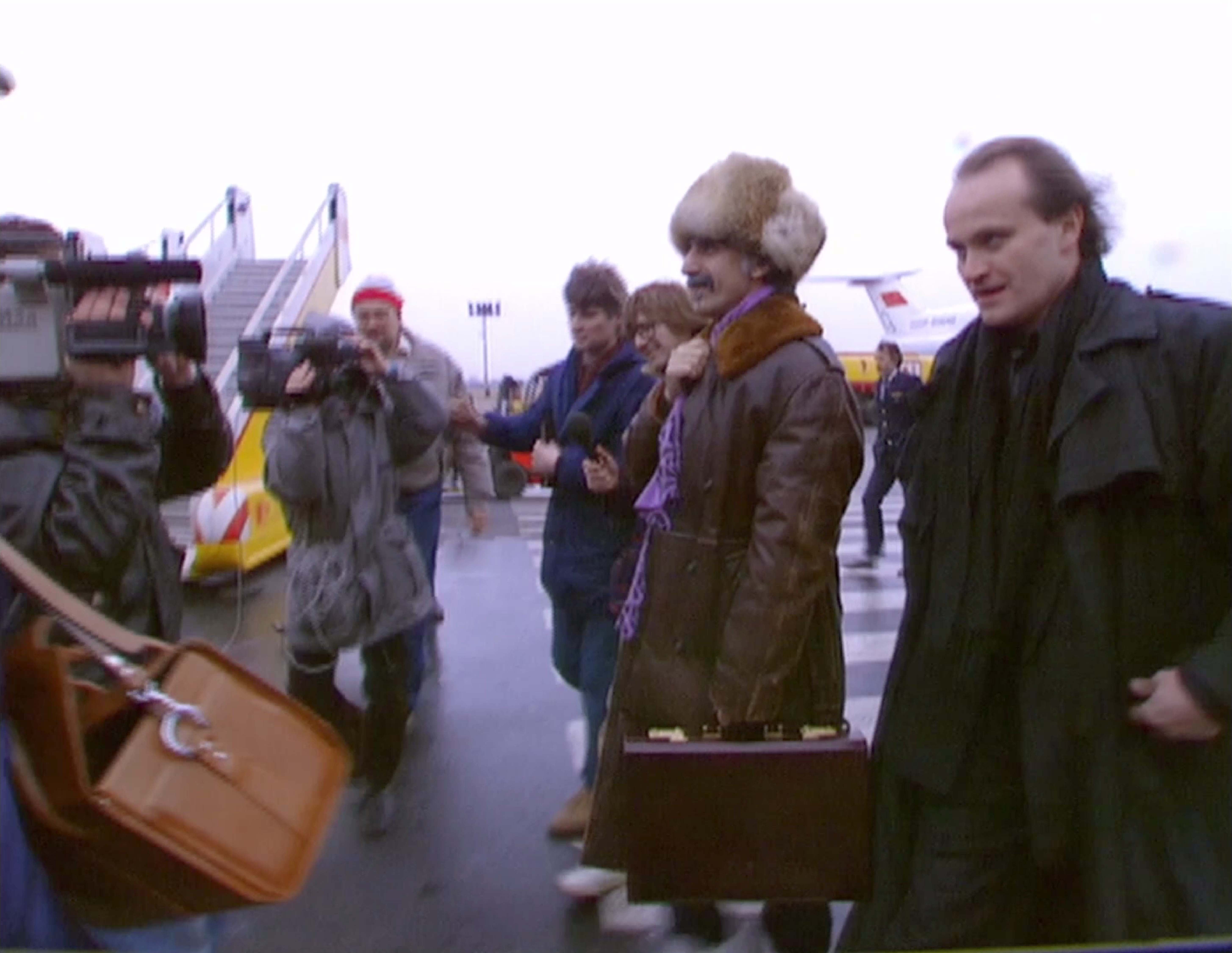
Ruth Underwood, who between 1972 and 1977 played xylophone, marimba, vibraphone and other percussion instruments in his seminal band, Frank Zappa and the Mothers of Invention, recalls the moment she first saw him play at the Garrick Theatre in New York in 1967. “I knew that it had changed my life. When I walked out of the theatre, I was disorientated. My whole world had been shaken up.”
Zappa's music, she carries on: “Was a product of everything in him, but you couldn't really categorise it. You couldn't say, 'Yeah, that's rock 'n' roll', because it wasn't. 'It's jazz' - no, it really wasn't. 'It's pop music'– no, not at all. 'Well, what the hell is it?' It's Zappa!”
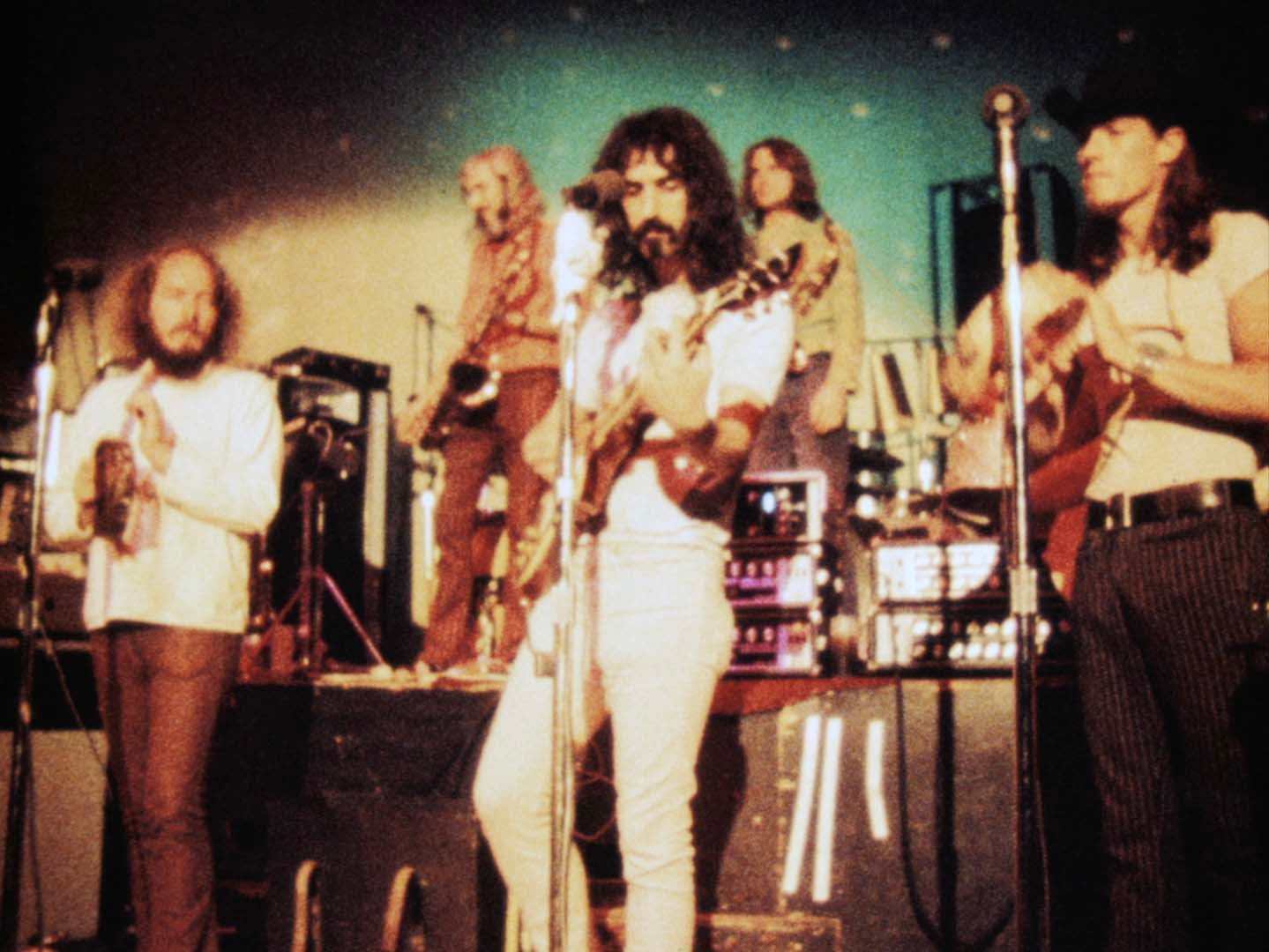
One of Zappa's heroes, Johnny “Guitar” Watson, who played on One Size Fits All, also finds the musician impossible to pin down. “He was such a genius in his writing. He knew so much about all the old music, and he was able to marry all of that together. I haven't heard anything like it before or since.”
This unorthodoxy did not endear Zappa to the rock 'n' roll establishment, but he didn't care. From the moment he learnt how to make gunpowder when he was just six years old, he revelled in his status as a rebellious outsider.
I’m very drawn to stories about maverick, iconoclastic individuals who are both engaged with the times around them and at odds with the times around them
In Zappa's view: “We were redefining the expectations of entertainment. Unfortunately, some people thought that was bad because you should not change real rock 'n' roll and anyone who would interfere with that kind of aesthetic was viewed as a threat and needed to be disposed of. My career has been, year after year, waiting to be disposed of.”
The musician was frequently denounced by religious groups and banned by radio stations, and his image as an nonconformist was only reinforced in 1965 when he was jailed for six months in the small town of Rancho Cucamonga, California. His crime? Making an “obscene” stag-do film that showed no sex whatsoever.
According to Zappa: “That little escapade was probably the most informative point of my political training. I haven't seen anything since that time that would change my opinion about the way stuff really works.”
Satirical and mischievous, Zappa also possessed a sardonic, anti-establishment sense of humour. For instance, at the end of a show, he would announce: “This is the number we always play when people ask us to play more because we know that after we play this, they couldn't possibly ever want to hear it again.” He would then proceed to perform a floor-emptying, atonal piece by the avant-garde composer Edgard Varèse.
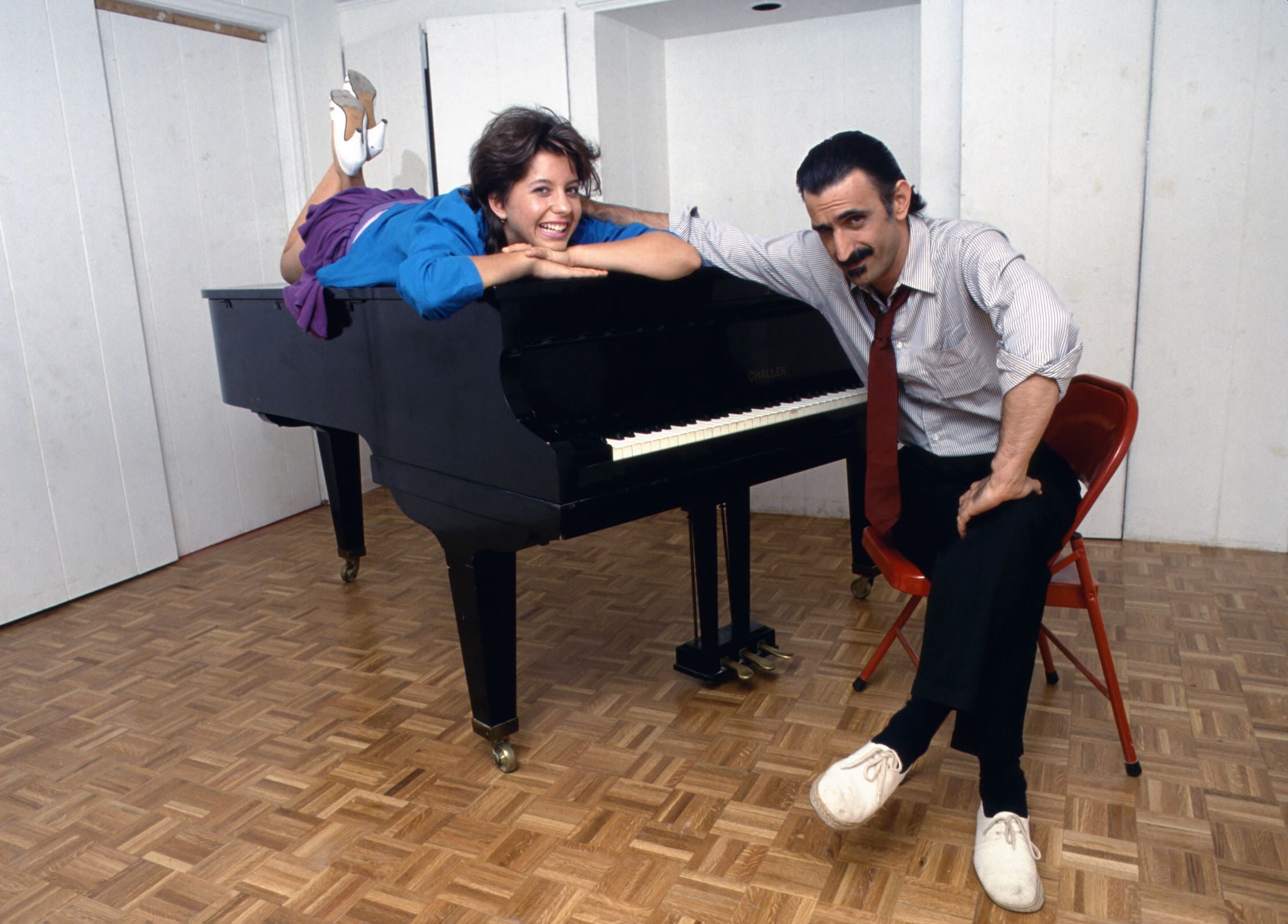
To underline his humorous nature, Zappa gave his children names such as Moon Unit, Dweezel and Diva.
It was this idea that Zappa resisted all attempts to put him in a box that first appealed to the documentary maker Alex Winter. Eager to make a film about this elusive, inspirational figure, the director approached the musician's widow, Gail, and she granted him access to Zappa's enormous archive vault. The CIA has nothing on this gigantic stash of documents.
After six painstaking years of combing through the vault and restoring deteriorating material, Winter has produced Zappa, a documentary that is as sprawling, jagged and magnetic as its subject. It is now available to stream at Altitude.film.
Speaking to The Independent via Zoom from his home in California, the 55-year-old explains why he is so passionate about his subject. “I'm very drawn to stories about maverick, iconoclastic individuals who are both engaged with the times around them and at odds with the times around them.

“Zappa was a story that I had always been very interested in. Whether you liked his music or not, when I was growing up, he was a towering cultural figure. I was very drawn to him as a political entity as well.”
Also an actor who has had great success starring opposite Keanu Reeves in three hit Bill & Ted movies, Winter adds: “What really drove me to make the film was the idea that human beings are extraordinary creatures.
“Zappa is a prime example of that, of what it meant to be alive at that time in Western global culture, of what it meant to face the challenges necessary to make art and the battles you're going to have to fight once you make that commitment.”
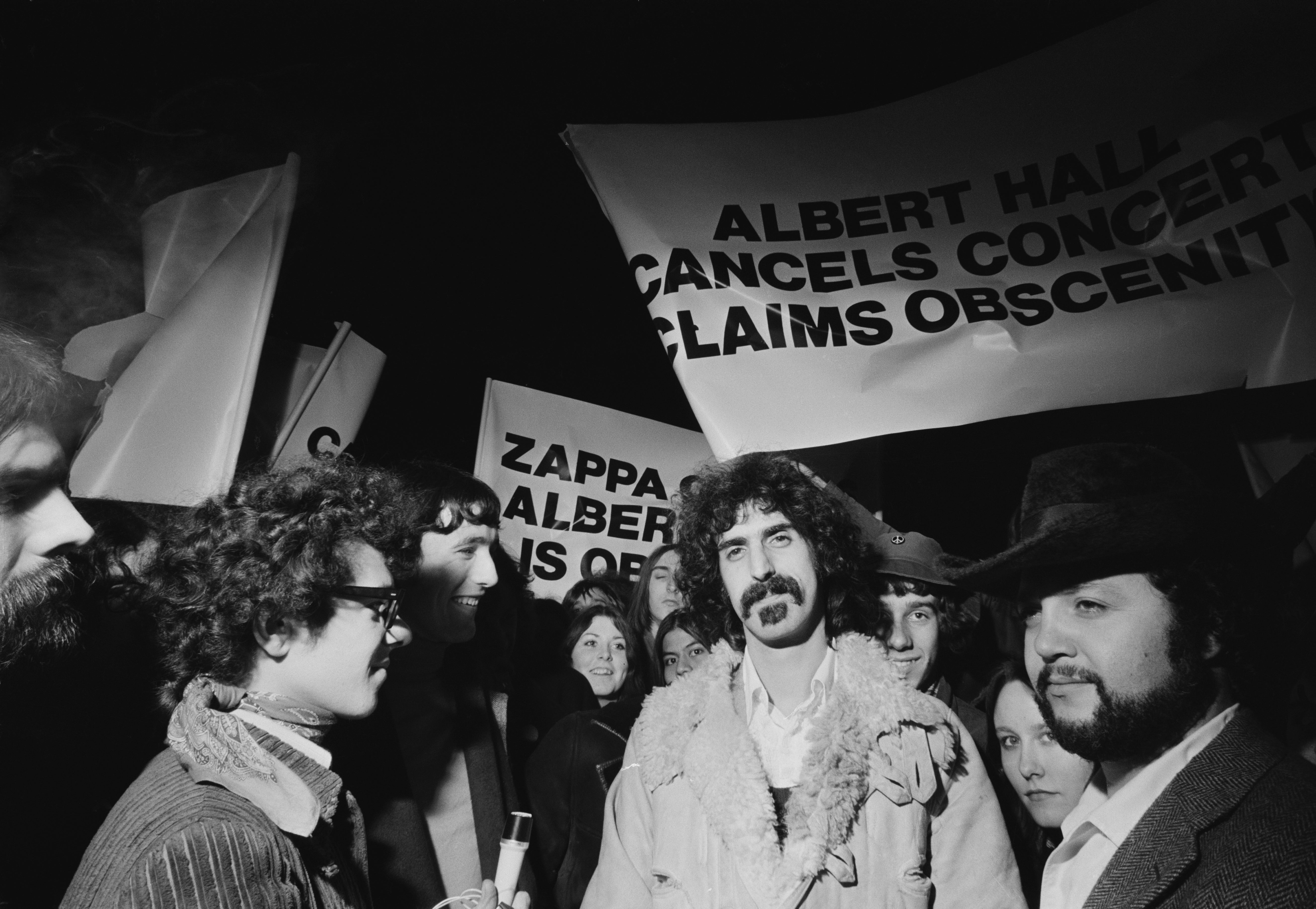
The musician, who died in 1993 aged just 52, was an extremely influential figurehead of the counterculture. Winter, who has also helmed such memorable documentaries as Showbiz Kids and The Panama Papers, observes that “Zappa was someone really significant in several major areas.
“He really caught the eye of major artists and critical thinkers long before he became successful in a commercial or public sense. He was at the forefront of the socio-political and sexual revolutions. He was incredibly witty, and he had these unique recording techniques and compositional style.”
The director carries on: “The house where he and Gail lived in Laurel Canyon, which was called The Log Cabin because the Western movie star Tom Mix had lived there before, became a salon for the major artists of the day from the States and from the UK.” Indeed, everyone from The Beatles, The Rolling Stones and David Bowie, to Eric Clapton, Jimi Hendrix and Joni Mitchell queued up to pay court to Zappa.
In addition, the musician was heavily involved in politics. For example, in 1990 the Czech president Vaclav Havel appointed him “Special Ambassador to the West on Trade, Culture and Tourism”. Zappa also fervently encouraged voter registration and in the mid-1980s was the public face of the campaign to stop the censorship of pop music.
If it looks like censorship and smells like censorship, it is censorship, no matter whose wife is talking about it
In 1985, he vociferously opposed the idea promoted by Susan Baker, wife of then Treasury Secretary, James Baker, of putting parental advisory stickers on records. Zappa commented wryly: “If it looks like censorship and smells like censorship, it is censorship, no matter whose wife is talking about it.” He went on to testify at the Senate hearing on the matter.
The musician even conducted a feasibility study about the possibility of running for president against George Bush Senior, but concluded that he was unlikely to win as Bush, “has more balloons than I do”.
Identifying the roots of Zappa's political activism, Winter says: “He had been put in jail on trumped-up charges when he was quite young, and that had a pretty big impact on him. He realised that just standing still in the middle of a street, without even opening your mouth or having long hair or making a mistake could make you the enemy.
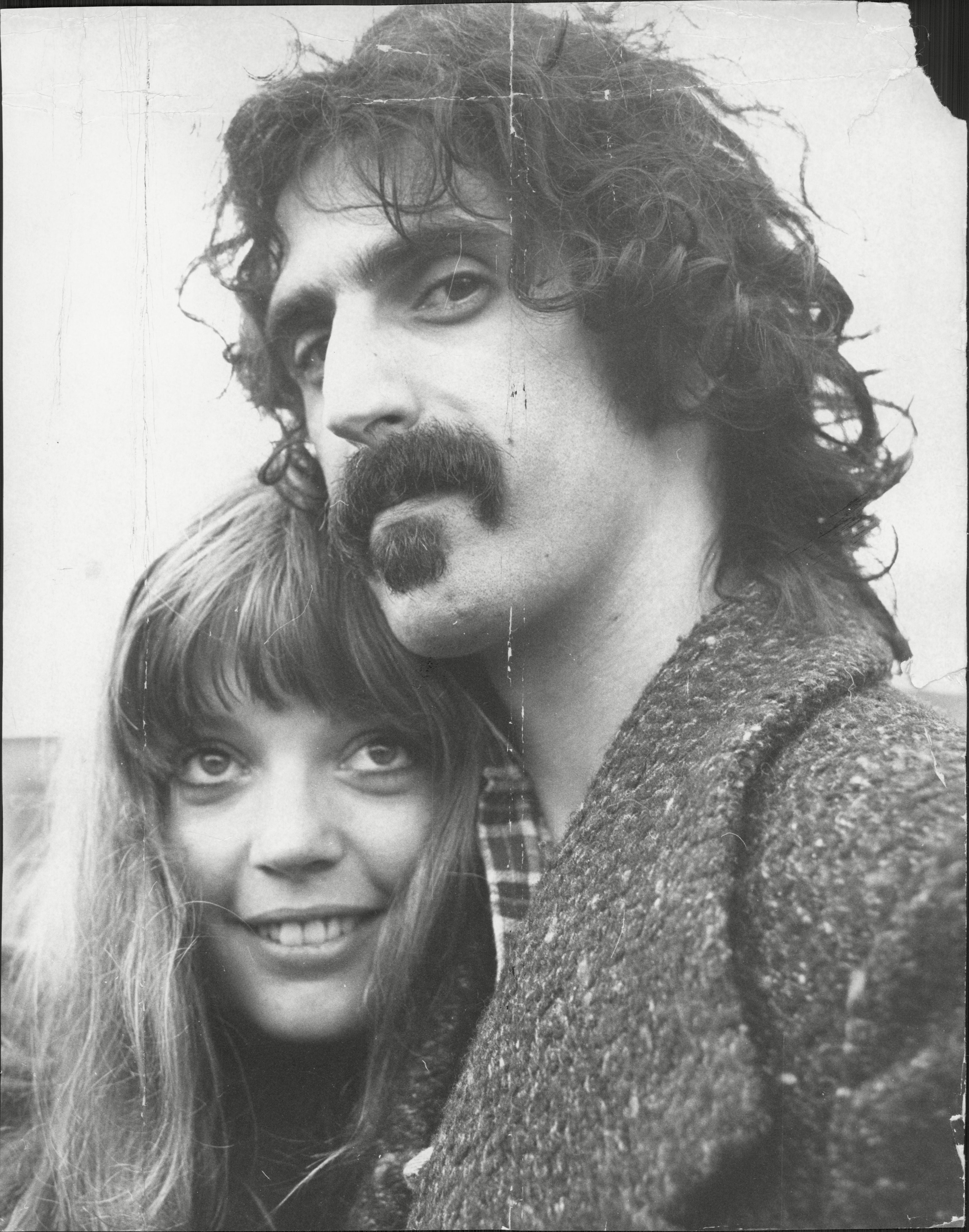
“He started putting voting-rights language into his albums from the very beginning. It really wasn't something he did because it was of the moment. He kept at it long after others had abandoned it, as he suggested that they would.”
Even though Zappa was vehemently anti-drugs, Winter says “he was always fundamentally countercultural by nature and had been since he was young. He was also a fairly sober person, so he wasn't flippant or trendy in the way he approached politics.
“That was why he bumped up against the hippie movement and even some aspects of the New York art scene at the time. This isn't to say I agree with it, but I think he found those movements to be a little fly-by-night and superficial, and he really took these these things very seriously.”
Zappa's political message was certainly way ahead of its time. Winter affirms: “It was very prescient. He was extremely concerned about what he saw as a lazy, voting populace. He felt that the west took its democracy for granted, didn't go out and vote and didn't take part in the democratic process. He felt that these nations stood to lose their democracies if people didn't wake up to that.
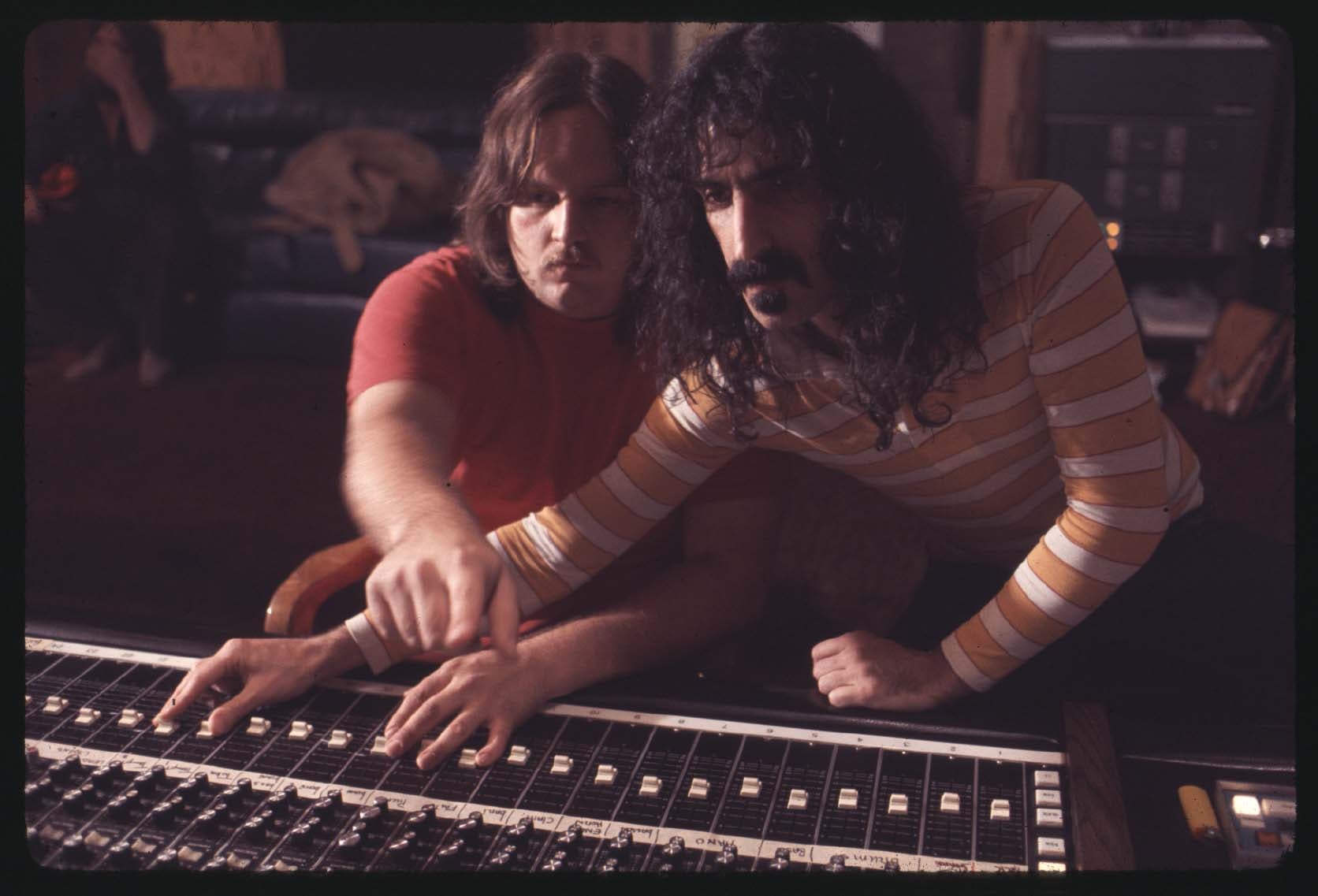
“He battled very hard during the Reagan and Bush era, which he saw, quite rightly, as an attack on the democratic process, but also an attack on the arts. Under Reagan, we saw the evisceration of the National Endowment for the Arts and other organisations that really kept art and culture alive in the US. It was a real battlezone here.”
The musician also railed against the authoritarianism of so many governments, declaring: “It's time for a revolution. The thing that is wrong today is that the people who are in control of the media and government and the things that run lives of the average person in the street aren't doing a very good job of it because they don't really care.”
Winter reflects: “Zappa was very concerned about authoritarianism and the rise of far-right nationalism and fascism. He was worried about this notion of a populace that just goes along with it and lets their democracies be hobbled. Smash cut to 2021, and here we are!”
What would Zappa have made of President Trump, then? “I think he would have felt that Trump was an imbecile. He would have felt that this is the end result of populism. From Citizens United [a conservative pressure group] through to Trump, these are all things that Zappa was warning about.
But he could also be a cold-hearted asshole, for lack of a better word. He had a reputation for being really difficult, somewhat of a martinet, impersonal and callous
“He was warning that eventually America would become a plutocracy, that the wealthy would just overtake the democratic process, that the public would just give up on voting, and that we wouldn't have a democracy anymore. Obviously, it didn't stay that way, but it certainly got very close.”
For all his talents, the musician was by no means an easy man, and “Zappa” does not shy away from that. It is unflinching in portraying him warts and all. Winter, who also starred in the 1987 vampire film The Lost Boys, says this unvarnished approach to his subject was non-negotiable. “That was so important to me that the very first time I sat down with Gail, I just threw it out there.
“I said to her, 'Look, I don't want to make a legacy-music doc or a hagiography. If you guys aren't comfortable with me really looking at all of it and frankly asking you some tough questions about living with someone like this, then I'm really not interested in doing it.' I didn't want to get inside the camp and then try to negotiate my way to telling a balanced story.”
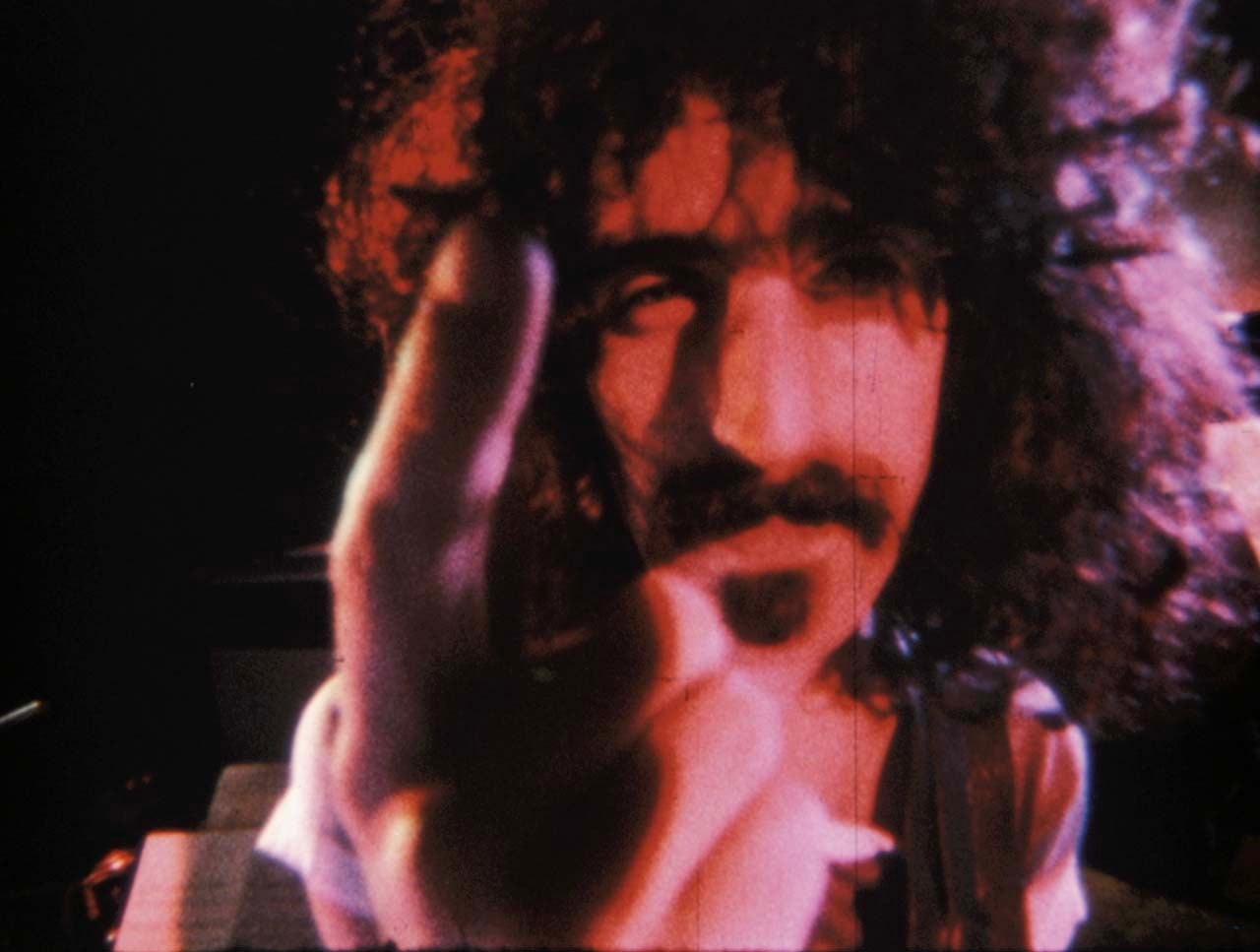
However, Winter argues, Zappa's flaws only served to make him more human. “He was a genre- and form-busting artist. He was also a complicated person as an individual. He was a devoted family man, but also a sexist. He was someone who made great rock music, great classical music, great avant garde music, great electronic music, great compositional orchestral music, and was a lovely, warm hearted person.
“But he could also be a cold-hearted asshole, for lack of a better word. He had a reputation for being really difficult, somewhat of a martinet, impersonal and callous. I think that duality is something which is very compelling in this day and age. It forces you to look at the full spectrum of what it means to be a human being and the complexity of that.”
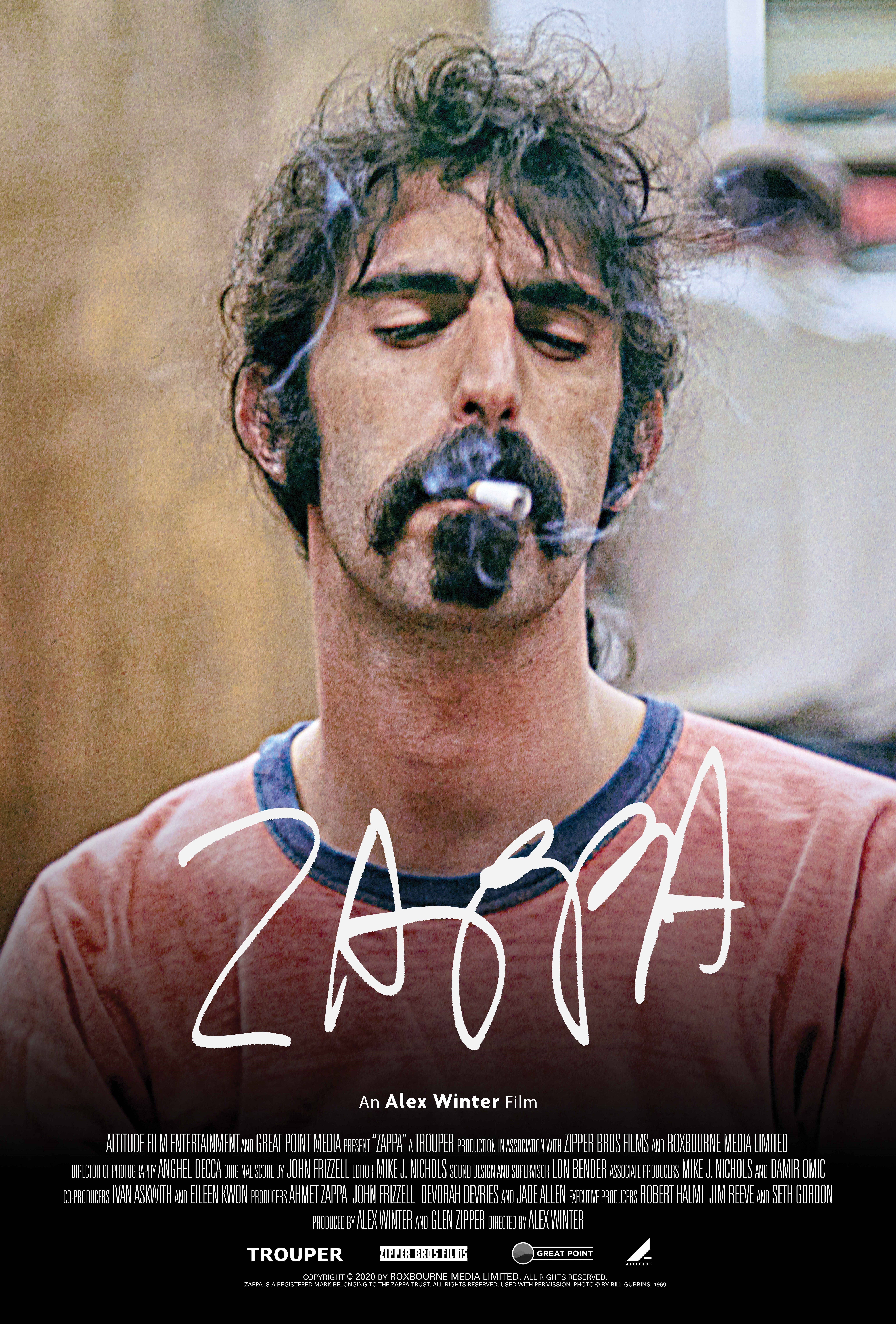
Despite that, the documentary never loses sight of the astonishing legacy that Zappa has left the world. As Underwood puts it: “Music is there as long as we have any kind of appreciation of the arts. The music that Frank made will last.”
Next up, Winter is hoping to direct a documentary about the British music scene, although he can't reveal any more about it at the moment. He would also love to make another movie with his old friend and Bill and Ted co-star, Reeves.
Might we see the hopelessly incompetent Bill &Ted cropping up in Reeves's immensely popular, trigger-happy John Wick franchise, then? “Bill and Ted with guns? I don't see it. I don't know what the hell we would do with a gun. I don't even know which end to look in. We would probably end up blowing a hole in our shoes!”
Winter closes by considering what he would have said to Zappa if he had ever had the chance to meet him. “I would love to have met him, although I would have probably been very intimidated by him!
“But I would have loved to have talked to him about art and politics. I would have loved to have hung out in Frank's basement and rapped with him about all of these issues.”
Would you have played some music with him, too? “No way!” Winter laughs at the sheer ridiculousness of the idea.
“He would have heard me play one note, and I would have been out on the street!”
‘Zappa’ is available to stream at Altitude.film
Join our commenting forum
Join thought-provoking conversations, follow other Independent readers and see their replies
Comments
Bookmark popover
Removed from bookmarks